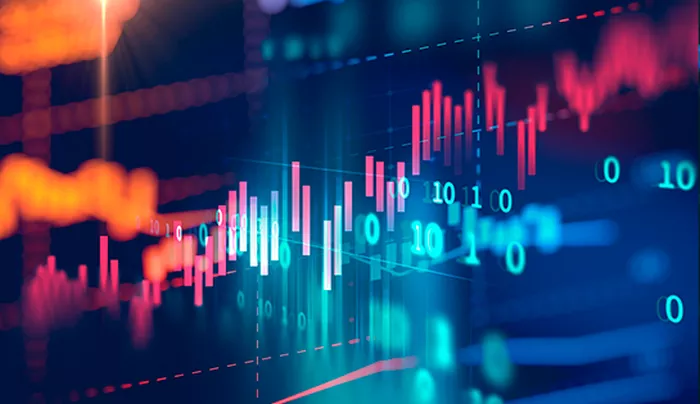Investing in gas futures can be a lucrative opportunity for traders looking to diversify their portfolios. However, it requires a deep understanding of the gas market and the factors that influence its prices. In this article, we’ll guide you through the process of investing in gas futures.
Understanding the Gas Futures Market
Before investing in gas futures, it’s important to understand the market and how it works. Gas futures are contracts that allow traders to buy or sell natural gas at a predetermined price and date in the future. These contracts are traded on exchanges such as the New York Mercantile Exchange (NYMEX) and the Intercontinental Exchange (ICE).
The gas futures market is influenced by a variety of factors, including supply and demand, weather patterns, geopolitical tensions, and economic indicators. Understanding these factors is critical to making informed trading decisions.
Choosing a Brokerage Firm
To invest in gas futures, you’ll need to open an account with a brokerage firm that offers access to the gas futures market. When choosing a brokerage firm, consider factors such as fees, trading platforms, research tools, and customer service.
It’s also important to ensure that your brokerage firm is registered with the relevant regulatory authorities, such as the Commodity Futures Trading Commission (CFTC) in the United States. This ensures that your funds and investments are protected.
Developing a Trading Plan
Before investing in gas futures, it’s important to develop a trading plan that outlines your investment goals, risk tolerance, and trading strategies. This plan should include details such as the types of contracts you’ll trade, the amount of capital you’ll invest, and your exit strategy.
It’s also important to keep up-to-date with market news and trends and adjust your trading plan accordingly. This will help you make informed decisions and stay ahead of changing market conditions.
Types of Gas Futures Contracts
There are several types of gas futures contracts that traders can invest in. These include:
- Natural Gas Futures: These contracts allow traders to buy or sell natural gas at a specific price and date in the future. They are the most commonly traded gas futures contracts.
- Henry Hub Natural Gas Futures: These contracts are based on the Henry Hub natural gas delivery point in Louisiana. They are used as a benchmark for natural gas prices in the United States.
- European Natural Gas Futures: These contracts are based on natural gas delivery points in Europe and are used as a benchmark for natural gas prices in Europe.
- Liquefied Natural Gas (LNG) Futures: These contracts allow traders to buy or sell LNG, which is natural gas that has been converted into liquid form for transport.
Trading Strategies
There are several trading strategies that traders can use when investing in gas futures. These include:
-
Technical Analysis
This involves analyzing charts and market data to identify patterns and trends. Traders use this information to make decisions about when to buy or sell gas futures contracts.
-
Fundamental Analysis
This involves analyzing economic, political, and environmental factors that affect gas prices. Traders use this information to make informed predictions about future price movements.
-
Spread Trading
This involves simultaneously buying and selling gas futures contracts with different expiration dates. The goal is to profit from differences in the prices of these contracts.
-
Options Trading
This involves buying or selling options contracts that give traders the right to buy or sell gas futures contracts at a specific price and date in the future. Options trading can be used to hedge against price volatility or to speculate on future price movements.
Risks and Rewards
Investing in gas futures can be highly rewarding, but it also comes with significant risks. Gas prices can be volatile and subject to sudden fluctuations due to a variety of factors, including weather patterns, geopolitical tensions, and economic indicators.
Traders who invest in gas futures must be prepared to manage these risks and be willing to accept the possibility of losing money. However, with careful planning and informed decision-making, investing in gas futures can be a profitable opportunity for traders looking to diversify their portfolios.
Conclusion
Investing in gas futures requires a deep understanding of the market and the factors that influence its prices. Traders must choose a reputable brokerage firm, develop a trading plan, and use effective trading strategies to succeed.
While there are risks involved in investing in gas futures, traders who are willing to put in the effort and stay informed about market conditions can reap significant rewards. By following the guidelines outlined in this article, you’ll be well on your way to becoming a successful gas futures trader.


